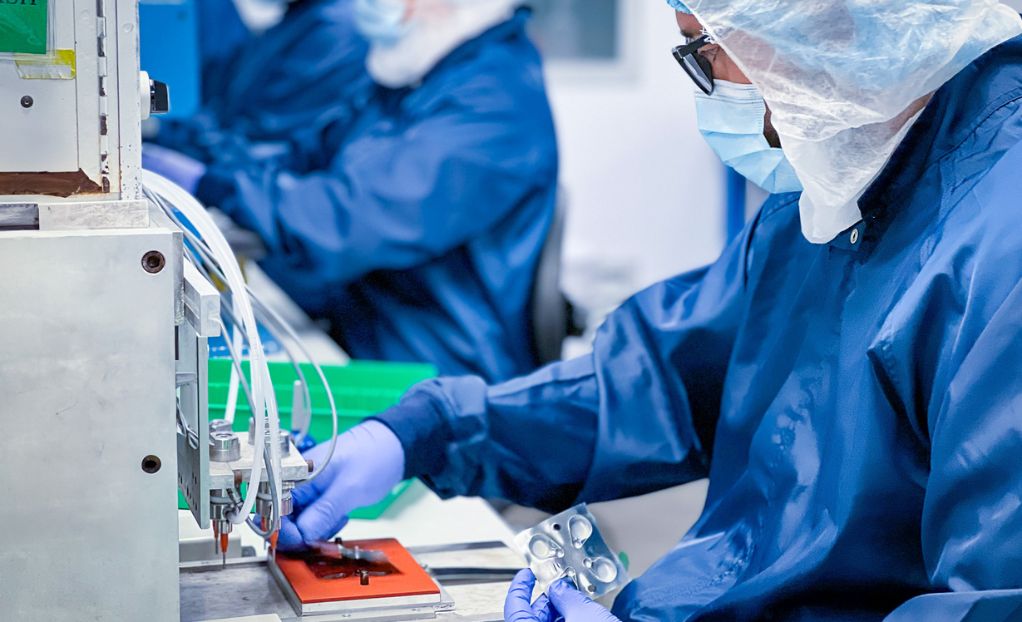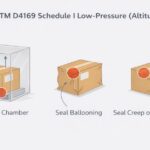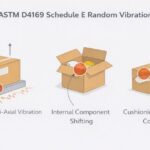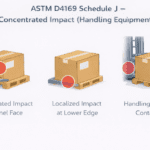Custom package design is often necessary for medical devices and reagents. It’s a careful process that requires experience – but an element of creative solution as well. It’s an art form with a scientific and regulatory basis in which considerations for balancing protection, compliance and usability must be factored in, as well as a foundation in quality, production efficiencies and custom tooling or thermoforming.
At Life Science Outsourcing, we are a medical device manufacturer, packager, and sterilization provider, giving us the unique perspective of the full medical device development spectrum that ultimately impacts packaging. We recommend to all our OEMs that they begin the packaging process early to have the best outcome for delivering their device to market, due to the intricate development that is required. Ultimately, medical package design is a sophisticated process that must be approached with knowledge and skill.
Primary considerations for microfluidic cartridge and blister packaging
Development of reagent packaging may need customized activation mechanisms that require expertise in polymer manipulation and precision fluid dispensing. Custom reagent packaging, so necessary for point-of-care devices, can be customized based on specifications such as:
- Blister pack fill volume
- Blister shape, size, and other dimensional characteristics
- Microfluidic cartridge manufacturing
- Console actuating force
- Reagent blister pouch automation
- Quantity
Balancing protection, compliance and usability
A smart, sterile package design approach requires experience with differing package formats and how they can support required levels of cleanliness and sterility. There must be a balance between protection of the reagent, achieving required compliance demands and ease of use for the end user. Packaging must ensure a consistent, high-quality product, and forming, filling, and sealing technologies must accomplish all of these.
When it comes to compliance, meeting the FDA and ISO regulations, protocols, and obtaining test reports can validate that the packaging effectively safeguards contents as well as maintains packaging sterility throughout the product lifecycle. At LSO, we offer on-site testing and inspect reagent blister pack fill volume, seal strength, and dimensional stability. Our accelerated aging studies can validate the reagent blister filling and sealing by assessing seal strength over time. We can supply you with unique protocols and reports for packaging validation and tailor them for your technical and regulatory files.
Usability is key when developing custom medical device packaging, and reagents are no different. Packaging should be tailored to a customer’s specific product requirements and follow a design of experiments (DOE) approach to develop process parameters. Microfluidic cartridge and reagent blister prototyping should meet those and be validated as a design that can be consistently manufactured – meeting the needs of OEMs while demonstrating reliable dependability in the packaging.
Ensure package production quality and efficiency
Package production, custom tooling, and thermoforming require predictable quality and streamlined efficiency – including stability to stay in performance range over its shelf life. LSO’s processes are designed for modularization, enabling us to produce our own tooling swiftly when needed. Aluminum foil is a strong solution for stability and is one LSO has mastered, along with the filling and sealing process. Our highly automated production methods will guarantee precise reagent filling and packaging that OEMs can count on for consistent clinical outcomes.
Quality requirements for liquid reagent storage can include:
- Shelf life
- Volume
- Storage of both water and alcohol liquids
- Controllable opening mechanism
- Controllable fluid release
Quality requirements for dry reagent storage are somewhat different:
- Shelf life
- Preparation protocols
- Drying/lyophilization protocols or environmental conditions
- When cartridge manufacturing procedures are not compatible with delicate reagents
Custom package production must be efficient to get to market quickly and ensure cost-effective commercial delivery. Working with a packaging provider like LSO means you’ll be working with cartridge and blister pack manufacturing capacity able to handle a few thousands and all the way to tens of millions of units annually through effective methods that minimize material and transportation costs while maintaining sterility throughout distribution.
Ultimately, OEMs should consider their timeline for microfluidic blister or cartridge packaging by get started early on the design, and ensure they are working with a packaging partner who will support the goals of protection, compliance and usability, as well as production quality and efficiency. Packaging partners like LSO can offer the benefit of precision reagent packaging solutions that can increase reagent shelf life and reduce the cost and complexity of diagnostic consumables. Our rapid prototyping processes and quick-change thermoforming equipment can help save your time and your budget – and deliver the safe and reliably stable packaging your product requires.
Looking for more information on microfluidic medical device packaging? Read Beyond the Generic: Embracing the Power of Customized Reagent Blister Packs in Diagnostics.
Start up. Speed up. Scale up. Founded in 1997, Life Sciences Outsourcing is an FDA-registered and ISO 13485-certified organization with services and capabilities spanning the entire medical device product life-cycle – from turnkey manufacturing, testing, validation, and sterilization to precision packaging, fulfillment, and distribution. Email us at info@lso-inc.com or call (714) 672-1090 today to get started.





